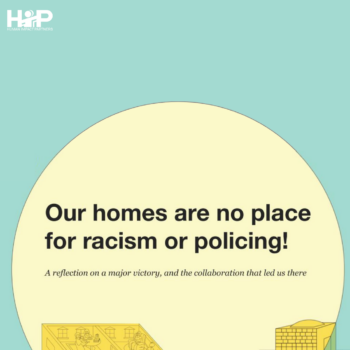| By Jonathan Heller |
Last week several national organizations launched the Putting Families First: Good Jobs For All campaign to bring the issues of jobs, poverty, and inequality to the center of the national debate. “Today, our country is more aware than ever before that our entire economic system is out of balance. We have reached a time in history where the need, the opportunity, and the energy are all here to create an economy that works for our families—now we need the will and the dedication of the American public to make it happen,” wrote Deepak Bhargava, Executive Director of the Center for Community Change.
The campaign will mobilize people around the country – especially poor people and people of color – to advocate for a national agenda focused on:
- Guaranteeing good wages and benefits, including a $15 minimum wage, access to paid sick days and paid family leave, and protections from wage theft;
- Valuing families by making high quality, affordable early education and child care available to all working parents and their children;
- Building a clean energy economy through large-scale investment to substantially reduce our reliance on carbon-based energy and to repair and rebuild our infrastructure;
- Unlocking opportunity in the poorest communities by channeling federal investments to communities with high unemployment and low wages to help rebuild their local economies and provide access to jobs and wealth-building opportunities; and
- Taxing concentrated wealth, including eliminating differences in taxation of capital gains and income, strengthening the estate tax, increasing taxes on the highest incomes, ending the ability of corporations to defer US tax payments on offshore income, and taxing corporations for wage inequality.
This is a bold and ambitious agenda that would create over five million new jobs a year by directing government to take an active role in guiding our economy through investing and shaping new and emerging sectors. These investments would be targeted to help those who need it most, closing racial and gender inequities, and be paid for by changes in our tax system that reward those who create wealth in this country – hard working people.
While those leading the campaign – the Center for Community Change (whose board I am chair of), the Center for Popular Democracy, Jobs with Justice, The Leadership Conference for Civil and Human Rights, and the Working Families Organization – are thinking about this as a jobs campaign, it is also a campaign to improve health and reduce health inequities. Several speakers at the launch event, including Senator Sherrod Brown of Ohio and SCOPE Executive Director Gloria Walton, noted the impacts of income on health and lifespan, but health is still an underutilized frame when talking about social and economic policy.
The Putting Families First campaign aligns with HIP’s new Economic Security Program, which will bring public health data, framing, and voices to social movements advancing a range of economic security policy campaigns.
As we’ve said before, no single factor is more important for healthy living than an adequate income, and none is more harmful to health than persistent poverty. Economic security is necessary for people to thrive, successfully manage stress, and prevent disease. Overwork, poor quality food, housing insecurity, and other consequences of low wages and unemployment contribute to physical and mental health problems including high blood pressure, diabetes, heart disease, and depression.
Economic security requires guaranteeing that work is available, safe, and pays a decent wage. Ensuring that families have a decent standard of living is one of the most powerful tools we have to protect and promote health.




